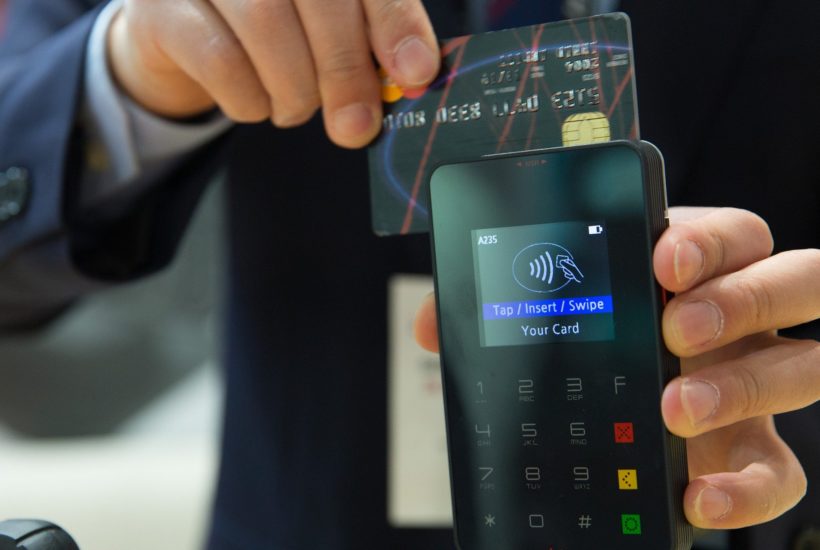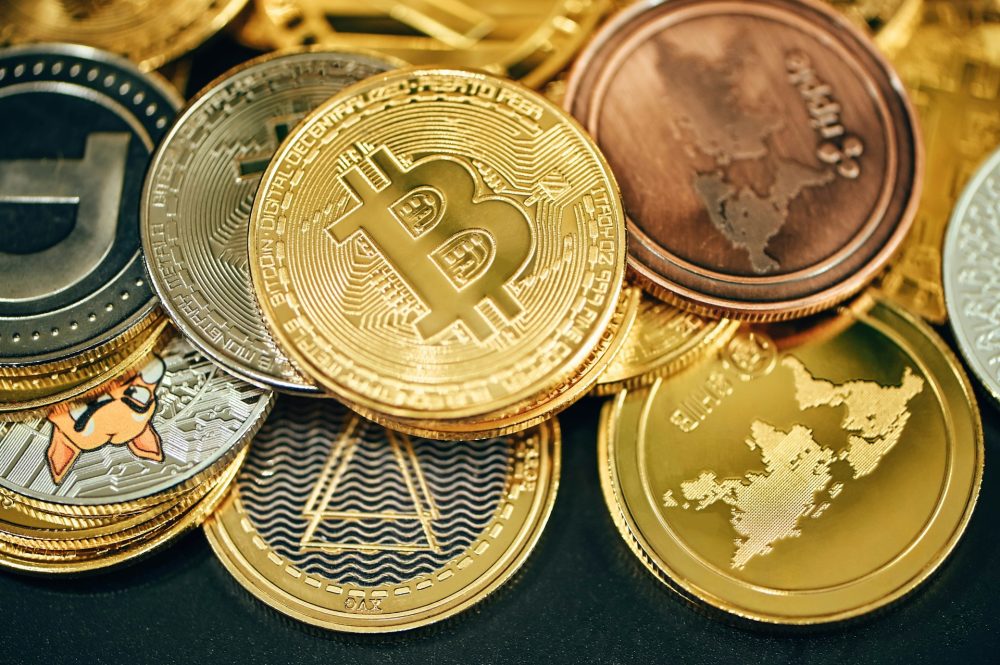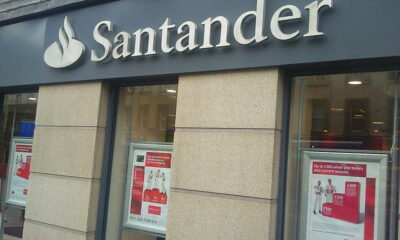Featured
The Wirecard scandal upsets the fintech world
With the arrest of the CEO, the crisis of the German company Wirecard specialising in electronic payments and accused of having rigged the accounts to the tune of $2.13 billion (€1.9 billion) reached a peak. In 2019, the company reported a market capitalization of more than $19 billion (€17 billion) and that it has cash liquidity of about $2.24 billion (€2 billion) deposited in banks in the Philippines.

The latest development in the Wirecard case, the scandal that has been shaking the European fintech sector for a week now, is the arrest of the founder and former CEO of the German group, Markus Braun, on charges of inflating the company’s balance sheets and turnover. The case, also confirmed by Wirecard itself, concerns a shortfall of $2.13 million (€1.9 billion) in the accounts for 2019, money that had been illegally accounted for to make the company more attractive to international investors.
If you want to find out more details about the Wirecard fraud and how the company became a major player in the electronic payment sector download for free the Born2Invest mobile app. Read the latest business news in the world and stay on top of the market.
How did Wirecard manage to become a major electronic payment platform
After having defended the company in recent years, the president of BaFin, the equivalent of the Italian Consob, Felix Hufeld has publicly defined it as “a shame”. Wirecard was founded in 1999 as a company active in electronic transactions for the gambling and porn industry. However, in more recent years, especially taking advantage of the decline of traditional banks, has managed to become one of the giants of payments and digital financial services in Europe, collecting commissions and making agreements with major electronic payment platforms around the world.
In 2019, the company reported a market capitalization of more than $19 billion (€17 billion) and this has attracted the attention of the press and in particular the Financial Times, which has been investigating the German company’s accounts since last year, denouncing unclear relationships especially with some lending banks in Asia.
In the latest financial statements, then, Wirecard has stated that it has cash liquidity of about $2.24 billion (€2 billion) deposited in banks in the Philippines. However, according to the auditors of the company Ernest & Young (Ey) the money is not in those accounts, and according to ongoing investigations do not even exist and would have been declared only to inflate the group’s financial statements.
Wirecard’s CEO is now in the custody of the German police
It was precisely the challenge to the balance sheet data that blew up the Wirecard case on June 18th, and led to the resignation of CEO Braun, now in the custody of the German police. For their part, the banks in the Philippines declared that they had never managed deposits on behalf of Wirecard, and therefore the declared liquidity would be nothing more than fraud.
They did not wait for the rations on the Stock Exchange, where the stock, among the technological ones of the Frankfurt Dax list, lost respectively 61% on Thursday 18th and 35% on Friday 19th, causing the group’s capitalization to collapse to $3.37 billion (€3 billion).
In addition to the supervisory institutions, it is now up to the investing banks, including some Chinese banks and the European Abn Amro, Ing and Commerzbank, to decide whether to keep the credit lines open for more than $2.24 billion (€2 billion) or request immediate repayment of loans. Among other investors, Wirecard also includes the giant SoftBank, which has invested over $900 million (€800 million) in the German group.
__
(Featured image by AhmadArdity via Pixabay)
DISCLAIMER: This article was written by a third party contributor and does not reflect the opinion of Born2Invest, its management, staff or its associates. Please review our disclaimer for more information.
This article may include forward-looking statements. These forward-looking statements generally are identified by the words “believe,” “project,” “estimate,” “become,” “plan,” “will,” and similar expressions. These forward-looking statements involve known and unknown risks as well as uncertainties, including those discussed in the following cautionary statements and elsewhere in this article and on this site. Although the Company may believe that its expectations are based on reasonable assumptions, the actual results that the Company may achieve may differ materially from any forward-looking statements, which reflect the opinions of the management of the Company only as of the date hereof. Additionally, please make sure to read these important disclosures.
First published in WIRED.IT, a third-party contributor translated and adapted the article from the original. In case of discrepancy, the original will prevail.
Although we made reasonable efforts to provide accurate translations, some parts may be incorrect. Born2Invest assumes no responsibility for errors, omissions or ambiguities in the translations provided on this website. Any person or entity relying on translated content does so at their own risk. Born2Invest is not responsible for losses caused by such reliance on the accuracy or reliability of translated information. If you wish to report an error or inaccuracy in the translation, we encourage you to contact us.

-

 Africa2 weeks ago
Africa2 weeks agoBank of Africa Launches MAD 1 Billion Perpetual Bond to Boost Capital and Drive Growth
-

 Markets2 days ago
Markets2 days agoCoffee Prices Decline Amid Rising Supply and Mixed Harvest Outlooks
-

 Crypto1 week ago
Crypto1 week agoBitcoin Recovers After U.S. Strikes Iran, While Altcoins Face Sharp Losses
-

 Africa7 days ago
Africa7 days agoMorocco’s Wheat Dependency Persists Despite Improved Harvest

























